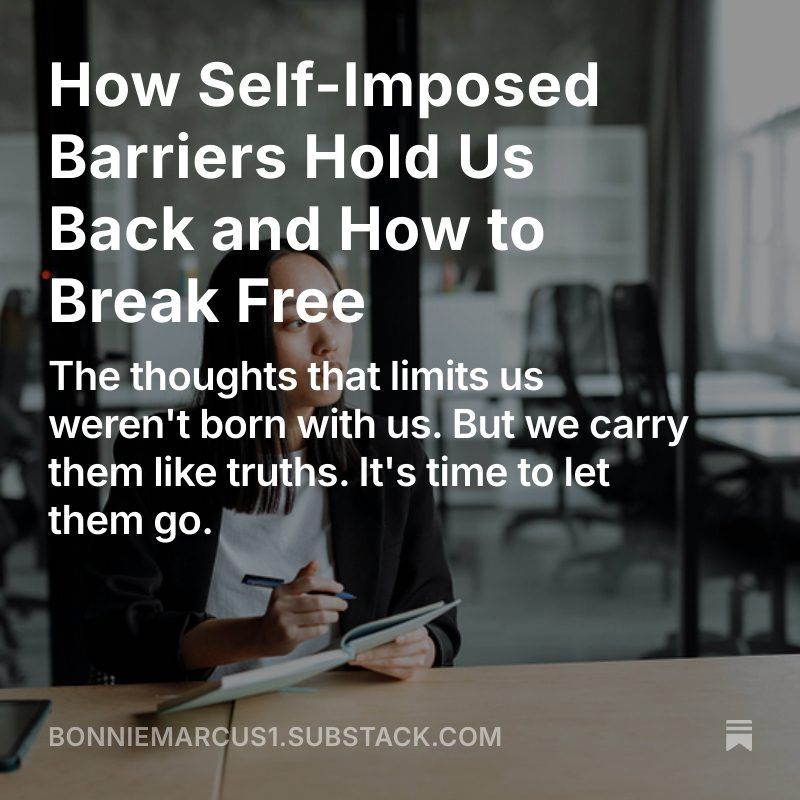
Lisa can be impatient and reactive. Her defensiveness prevents her from listening to others. As a result, she often triggers and turns people off, and in the workplace, she has been labeled as ‘difficult’ to work with. Supportive of her talent and career yet frustrated with this behavior, her company hired me as her coach.
There are techniques I offered Lisa. Listen. Slow down. Acknowledge what others are saying before jumping in with your thoughts and opinions, etc. Tried and true approaches to the situation.
But something happened in our last session that shifted my focus. I asked her what triggered her in these conversations that caused her to be so defensive, to react so forcefully. Clearly, there was something deeper going on.
What was going on?
Lisa couldn’t break free from the negative messages she received growing up; messages that she wasn’t good enough, she’ll never be good enough, smart enough to succeed. And every time she was in conversation with a client or colleague, where there was a difference in opinion, these messages surfaced causing her to jump in and defend herself, without paying any attention to what the other person(s) were saying.
We’re often taught that the biggest obstacles to success are external: a biased boss, an unjust system, a society that still measures worth by outdated standards. And yes, those barriers are real and powerful.
But sometimes the person holding us back is the one we face in the mirror.
Self-imposed barriers are the silent saboteurs of our careers, our relationships, and our self-worth. They’re the deeply ingrained beliefs, fears, and habits we carry, often unconsciously, that keep us from stepping into our full power.
They whisper things like:
- “I’m not ready.”
- “I’m not good enough.”
- “I’ll sound arrogant if I speak up.”
- “They’ll leave if I ask for what I need.”
- “Who do I think I am to want more?”
They sound like truth, but they’re not. They’re stories. Stories we’ve internalized from childhood, from society, from past rejection. And unless we name them, challenge them, and replace them, they’ll quietly shape every decision we make.
Read the full article on Substack.com.
Recent Comments